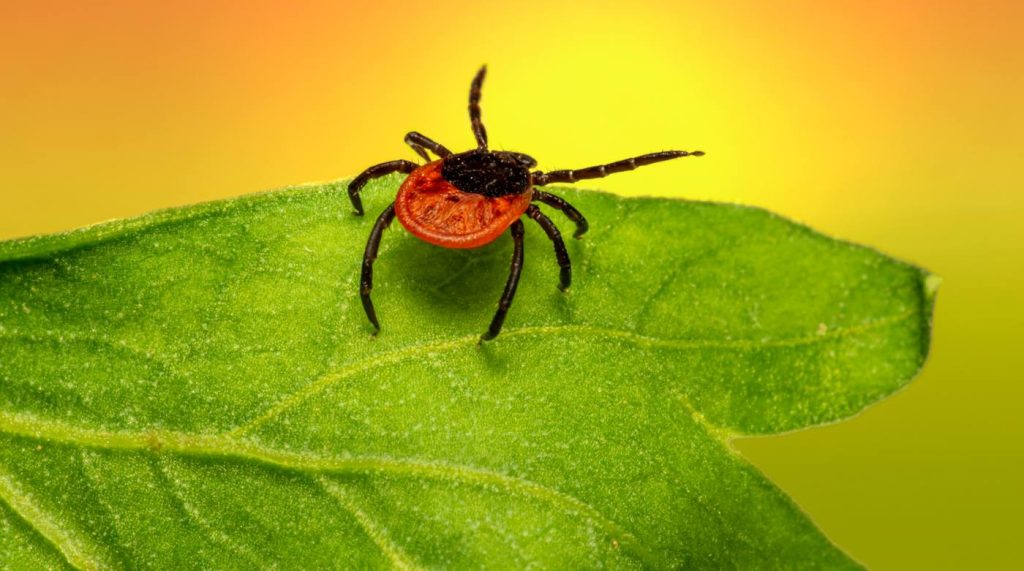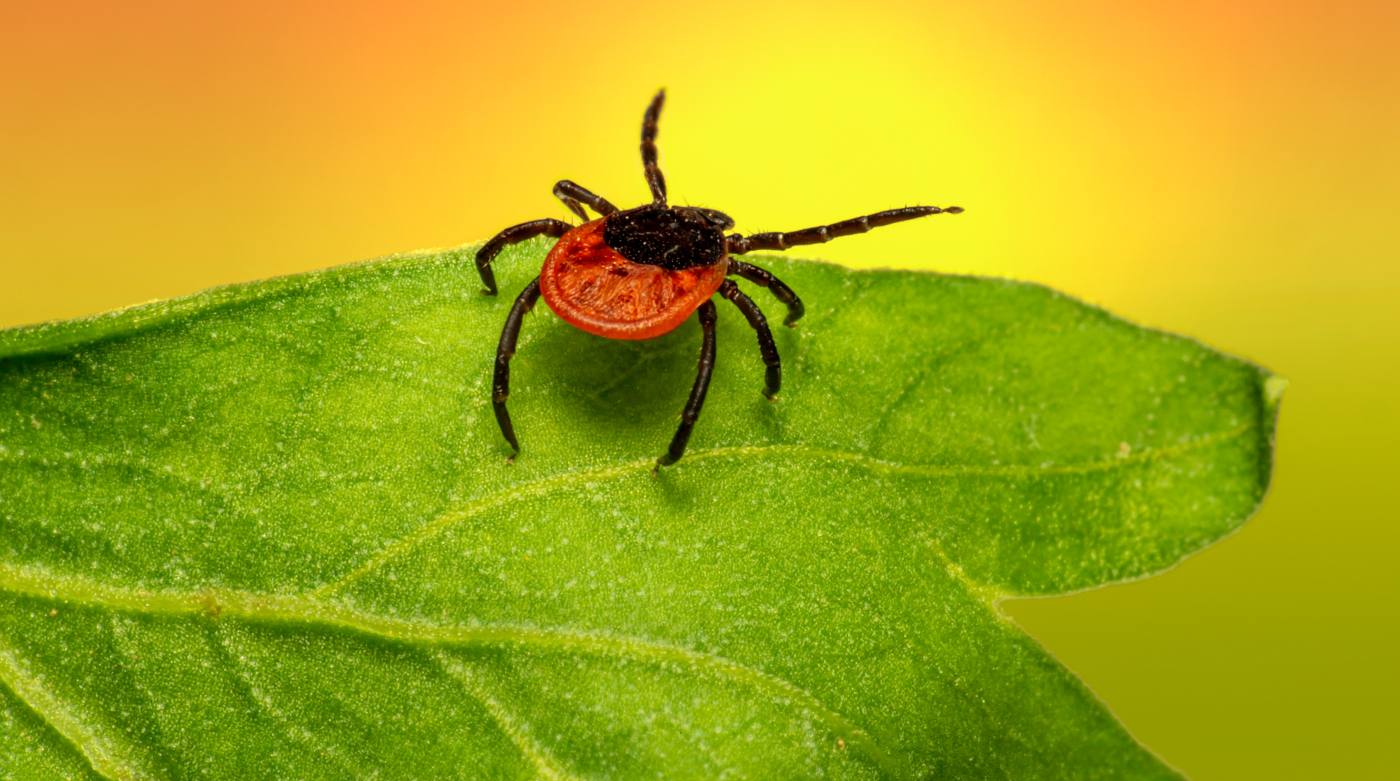
The glory days for some of the most debilitating pathogenic diseases may be numbered thanks to a new class of immunizations that change the gut microbiome of ticks and mosquitoes.
Rather than targeting the pathogen that causes a disease, the vaccine targets the microbes that the pathogen requires to survive, and a new study investigating a vaccine that did just that demonstrated it was remarkably successful in mice.
While human use for a vaccine typically takes 8-10 years of tests and development, a similar vaccine could be prepared for animals such as dogs, cats, and livestock much sooner which would have the potential to save pet owners hundreds in veterinary bills, and ranchers tens of thousands.
Lyme disease needs little introduction: it’s a debilitating condition caused by the Borrelia genus that can leave a human or animal weak and bedridden for a decade. It’s been previously discovered that Borrelia pathogens can alter a tick’s gut microbiome
A new study found that by immunizing mice with a harmless E. coli bacteria as a Trojan horse, it elicited an immune response within the tick’s gut that greatly reduced the amount of Escherichia-Shigella, a common bacterial taxa found within the guts of mice and humans.
The authors report that this greatly decreased the ability of Borrelia afzelii, one of the pathogens that cause Lyme disease, to survive within its tick host, and protected the mice as well.
This immunization is part of an emerging class of drugs called anti-microbiota vaccines, and the same concept is being applied to malaria, and the family of pathogens called Plasmodium that cause it.
MORE NEWS LIKE THIS: We Can Now Use CRISPR Gene Editing on Ticks – to Fight Lyme Disease in Humans
Early last year, scientists demonstrated that a vaccine targeting Enterobacteriaceae injected into domestic canaries worked with similar effectiveness. Southern house mosquitoes which fed on these birds demonstrated a gut microbiome that proved hostile to the Plasmodium relictum malaria strain.
“These antimicrobiota vaccines are interesting for other pathogens because they specifically target the vector microbiota,” Dr. Alejandro Cabezas-Cruz, an infectious disease researcher and author on both the tick and mosquito papers, told Newsweek.
“As the microbiota is essential for many vector-borne pathogens, this approach could be used to target a wide range of diseases, whether caused by viruses, parasites, or bacteria.”
MORE VACCINE SCIENCE: After 8 Years of Research World-Changing Malaria Vaccine Approved in Africa
It’s a lot to think about, since mosquitoes and ticks spread far more than just Lyme disease and malaria. It also shows, yet again, just how critical the gut microbiome is to the health of all organisms.
SHARE This Groundbreaking Work And Hope For The Future…




















